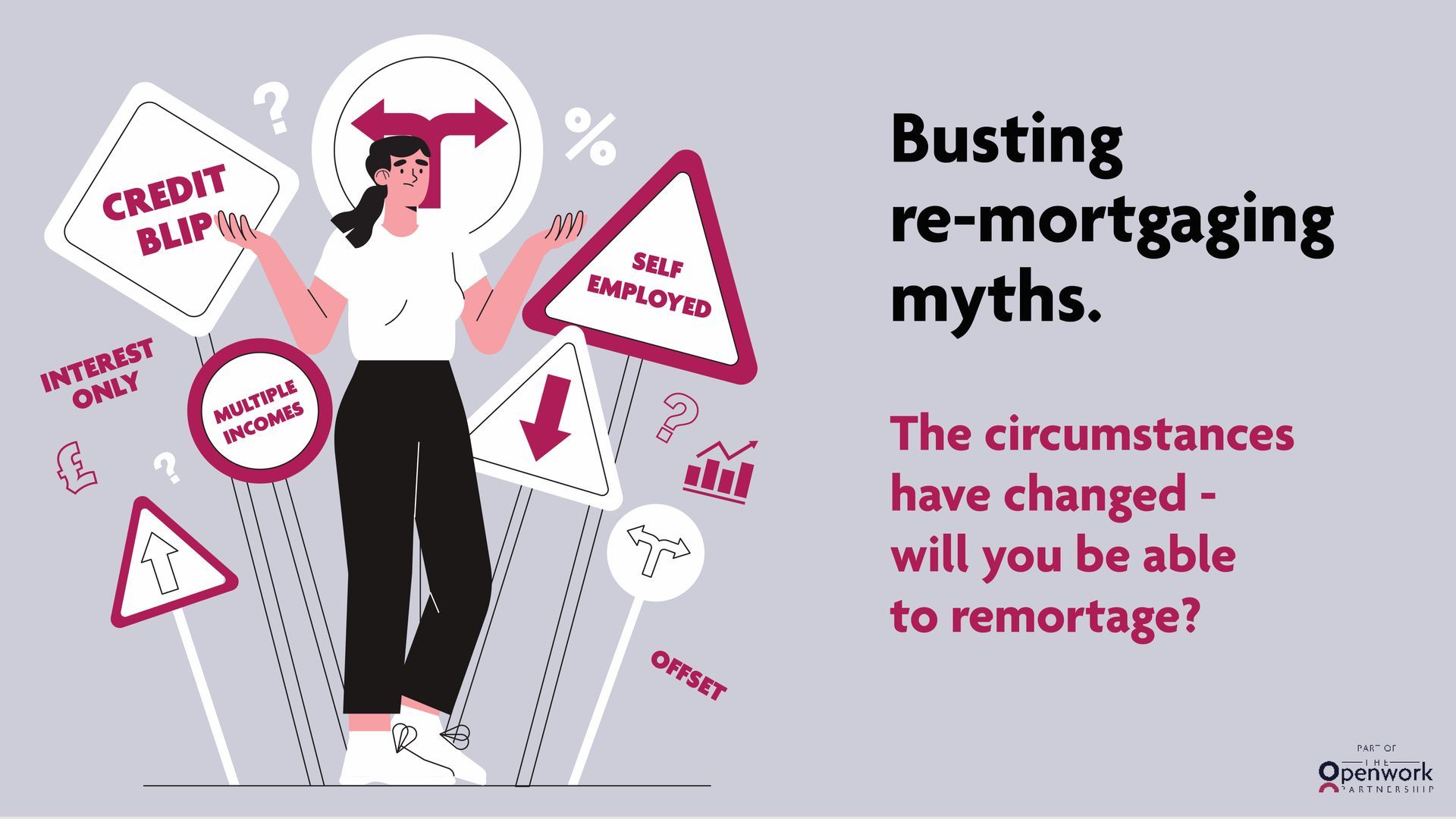Does buying now and paying later affect your mortgage application?
This is a subtitle for your new post

A debt deferred is a non-existent debt in your current financial situation, right? No, unfortunately, with mortgage lenders, a debt deferred is treated as a current debt, and Buy Now, Pay Later does affect your mortgage application.
How much it impacts your mortgage application depends on several factors, which we will outline in this Buy Now, Pay Later mortgage guide. The good news is that with a reputable mortgage broker, you may be able to source a mortgage with Buy Now, Pay Later, and oftentimes it will be less impactful than you might expect.
Let’s discover how buy-now, pay-later agreements affect mortgages in more detail.
What is Buy Now, Pay Later?
Buy Now, Pay Later is a type of finance agreement that is self-explanatory. You purchase goods or services and have a grace period between the purchase and making the payment. It is common to encounter Buy Now, Pay Later when buying furniture, fixtures, and fittings (like bathrooms and kitchens).
Sometimes these financial agreements allow for a small grace period, such as three months, and other times you may find the grace period very generous with your first payment on the debt being owed in two years’ time.
Often, the Buy Now, Pay Later schemes have a very low interest rate or 0% interest rate for the grace period. The aim of these is to clear the debt before interest is charged when the grace period ends.
Other Buy Now, Pay Later schemes have 0% or low interest rates even when the grace period ends.
It depends on how the lender sets up their finance agreements, and buy-now, pay-later deals vary widely. Providing they have compliant financial agreements, lenders have a great deal of flexibility about how they structure their products.
What About 0% Buy Now, Pay Later?
Most Buy Now, Pay Later deals have a headline 0% interest rate in the UK. This is because the 0% rate is attractive and reassures consumers that they are not incurring costs by deferring payment of the debt.
In fact, these deals are so popular that 60% of consumers in 2021 reported using Buy Now, Pay Later to finance a purchase.
https://www.bankrate.com/loans/personal-loans/buy-now-pay-later-statistics/
They are attractive by design, as many Buy Now, Pay Later schemes are extremely profitable for lenders, especially in the form of fees and interest being charged after a set time.
How Do Lenders View Buy Now Pay Later?
Lenders view all debt the same, regardless of the terms or how that debt is structured. There are many debts that are problematic for lenders. Examples of these types of debt are:
- Buy Now, Pay Later
- Hired purchase agreements
- Credit cards (including 0% cards)
- Store Cards
- Overdrafts on bank accounts
The lender will assess two features of the debt:
- The total amount of debt you have outstanding,
- whether the debt becomes chargeable in the future, and at what rate
Bear in mind that a mortgage is a long-term commitment spanning many years. Even if you are not paying the debt today, you will be paying the debt before your mortgage term expires.
In cases where the Buy Now, Pay Later is a substantial amount of money owed, you may find that lenders decline your affordability. For example, if you are going to be paying £500 per month to repay the debt in the future, this can seriously impact your mortgage affordability calculation.
What About Adverse Credit and Buy Now, Pay Later?
Another factor that can enter the equation of Buy Now, Pay Later is adverse credit.
As mentioned earlier, finance companies find Buy Now, Pay Later to be very lucrative lending options, and it is not uncommon for people to experience some difficulty repaying their debt. Finance companies offering 0% finance rely on you failing to make payments or not keeping your payment schedule so they can charge fees.
Failing to meet a financial obligation will impact your credit score negatively, and mortgage providers will view you as a higher risk.
Ways to Improve Your Chances of Securing a Mortgage
You should consider doing the following if you have a Buy Now, Pay Later agreement:
- Clear the debt entirely.
- Improve your credit score to rectify any damage.
- Discuss your situation with a Mortgage Broker.
In all cases, if you are aiming to maximise the mortgage sum available to you, it is best to clear debt before making a mortgage application, as then the outstanding figure will not negatively impact your affordability calculation.
You should also refrain from taking on any more borrowing to pay off the debt if you are planning on making a mortgage application. This is because using debt to clear debt is often redundant in the eyes of a mortgage lender and may worsen your credit file temporarily. As credit files can take up to 6 weeks to update, you may be in a situation where both debts show on your file, even though one has been repaid.
If paying the debt is not possible, you should discuss the situation with a mortgage broker, like Boon Brokers, who will guide you further.
Improve your credit score.
If your use of Buy Now, Pay Later, or similar types of credit like credit cards or store cards has affected your credit score, you should work to improve your score.
All major credit reference agencies outline clear ways to improve your credit score with tailor-made recommendations.
Not all recommendations are equal, and you may be advised to borrow more to extend your credit limit. Borrowing more in advance of a mortgage application is going to be detrimental unless you have the means to pay off the debt.
Speak to a specialist.
Mortgage brokers encounter all kinds of debt when conducting their business, and with the popularity of Buy Now, Pay Later, it is little wonder why this debt is so common.
A reputable mortgage broker will be able to assess how much Buy Now, Pay Later impacts your chances of getting a mortgage and make a recommendation for your personal situation. For example, some lenders are much more favourable to debt in their affordability calculations than others.
Contact us to discuss your mortgage requirements today.
YOUR HOME MAY BE REPOSSESSED IF YOU DO NOT KEEP UP REPAYMENTS ON YOUR MORTGAGE
Approved by The Openwork Partnership on 14/09/23











